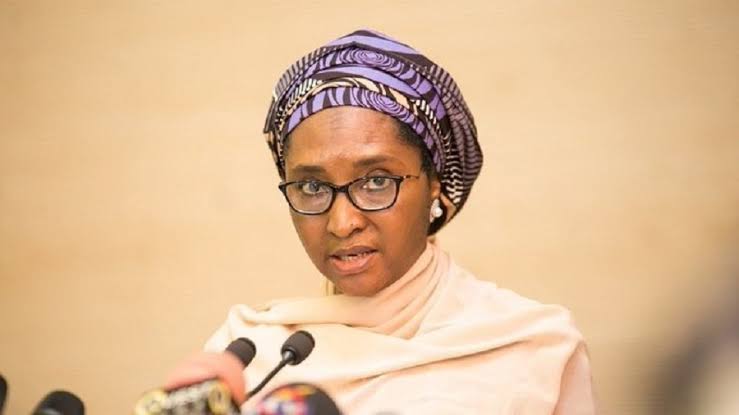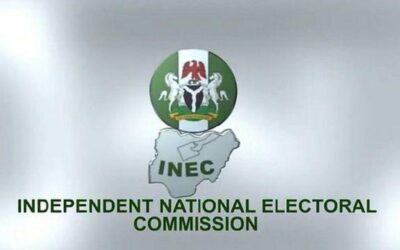Petroleum Subsidy Payments Will End In June 2022 – Zainab Ahmed

The Minister of Finance, Budget and National Planning Zainab Ahmed stated in a public presentation on Wednesday 5th January, 2022 that there is no provision made for subsidy for the months of July to December 2022.
The Federal Government in a bit to conform with the provisions in the Petroleum Industry Act, which states that the prices of all petroleum products be deregulated, has indicated a subsidy removal beginning in the month of July 2022.
This was reflected in the Appropriation Bill, which the president signed into law on Friday 31st December, 2021.
“From July to December, there is no provision made for subsidy. Our assumption is that by June, we would have been able to work through a process with all stakeholders, NOC, oil regulators, different MDAs that have a role to play as well as businesses. The PIA has made a provision that prices of products in the petroleum sector must be deregulated. And so far, we have been able to deregulate kerosene prices, diesel prices, the only one that is still nor deregulated is PMS. We are trying to comply with the law because the PIA is an Act of the NASS and the government has a responsibility to comply.” Said Hajiya Zainab Ahmed, the Minister of Finance, Budget and National Planning.
She further addressed the impact removal of subsidy would have on the average and low income citizens. In regards to what measures the government intends to take, she stated that proposals have been made and one of such ideas is to provide a transport subsidy of about N5,000 or any other amount that is agree upon.
She stated that the proposals would be deliberated upon and the most logical one would be implemented. And the aim of the mitigation was to ensure that the appropriate individuals receive the subsidy.
She indicated one of the key proposals which had been brought forth, wherein the drivers of commercial vehicles are identified through the transport workers union; these drivers are registered and the subsidy is passed through them using vouchers.
She said several similar options are being considered as the committee works to comply with the Petroleum Industry Act.
The plan for subsidy removal and 5,000 monthly payment to vulnerable Nigerians was first announced last year November and it sparked widespread outrage and condemnation from citizens, Economic Experts and Labour Groups who have particularly promised to cripple Economic activities in the country if the Government proceeds to remove the petrol subsidy as intended. But the Government appears undeterred and is seemingly preparing to explore this unpopular path which will undoubtedly precipitate protests and could potentially worsen the economic crisis in the country.
Under Debt Servicing
With regards to servicing the country’s debt for the 2022 fiscal year, the minister said the Federal Government is stipulated to spend about N3.61 trillion, which is approximately 21% of the entire budget for the year.
The Debt Management office released data stipulating that Nigeria’s debt as at September 30, 2021 was N38 trillion.
The minister however stated the country’s financial debt was still sustainable.
“However, Nigeria’s Debt Service/Revenue ratio is the highest among the same African top economies; this is proof that we have is not a classic debt sustainability problem, but a revenue challenge,” Mrs Ahmed said.
She stated that the ministry has introduced the Strategic Revenue Growth Initiatives (SRGI) in order to improve government revenue and ensure fiscal prudence, and reiterated that fiscal drainers like subsidy needed to be plugged.


